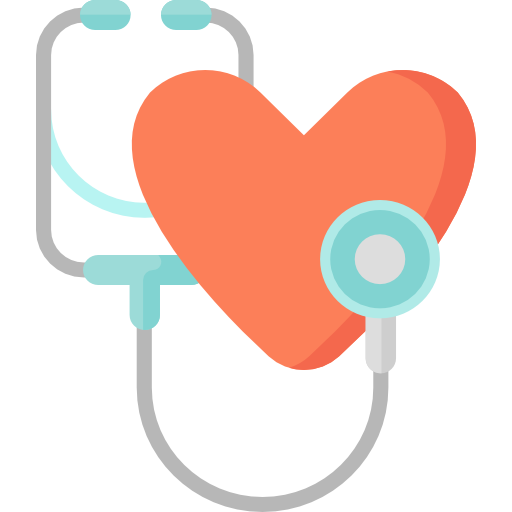Strep throat is a bacterial infection involving the throat and tonsils. This infection is caused by group A streptococcus (strep) bacteria, from which it gets its name. Strep throat usually causes a severe sore throat. In some cases, this also presents as a scratchy or burning sensation.
People can become infected with strep throat in a few different ways. If you breathe in fluid droplets from an infected person or touch a contaminated surface, then touch your mouth or eyes, you may become sick. Sharing dishes or food with someone infected or coming in contact with skin sores caused by group A strep can also transmit the disease. Hand hygiene and avoiding contact with infected people is the best way to avoid catching strep throat.
Strep throat is most prevalent in children ages 5-15 but can occur in anyone during any time of the year. The incubation period for this infection is roughly 2-5 days. The onset of symptoms often begins quite suddenly and is severe right at the beginning.
The main difference between a sore throat and strep throat is that the latter almost always has white patches on your tonsils or the back of your throat. A fever sometimes also accompanies the infection. The pain from strep throat is usually severe, and your voice may be affected for up to two weeks.
Strep throat is treated with antibiotics and supportive therapy, such as drinking plenty of clear fluids, sucking on throat lozenges, and eating frozen foods to soothe your throat. If strep throat is left untreated, complications such as kidney inflammation and rheumatic fever can be severe. Therefore, it is imperative to take the prescribed antibiotics exactly as instructed. Early discontinuation of your antibiotics may lead to a relapse of your infection.
Pathophysiology and Risk Factors
Strep throat is an infectious disease caused by group A streptococcus bacteria that spreads through person-to-person transmission. It is passed through the saliva or nasal secretions of an infected person. Therefore, contact with someone with this illness greatly increases your chance of catching it.
The highest risk age group is children and adolescents age 5-15 years, but anyone can get this infection. People who spend a lot of time in close quarters with others, especially children, have a higher risk of getting strep throat. This is due to the increased likelihood of coming in contact with an infected person.






